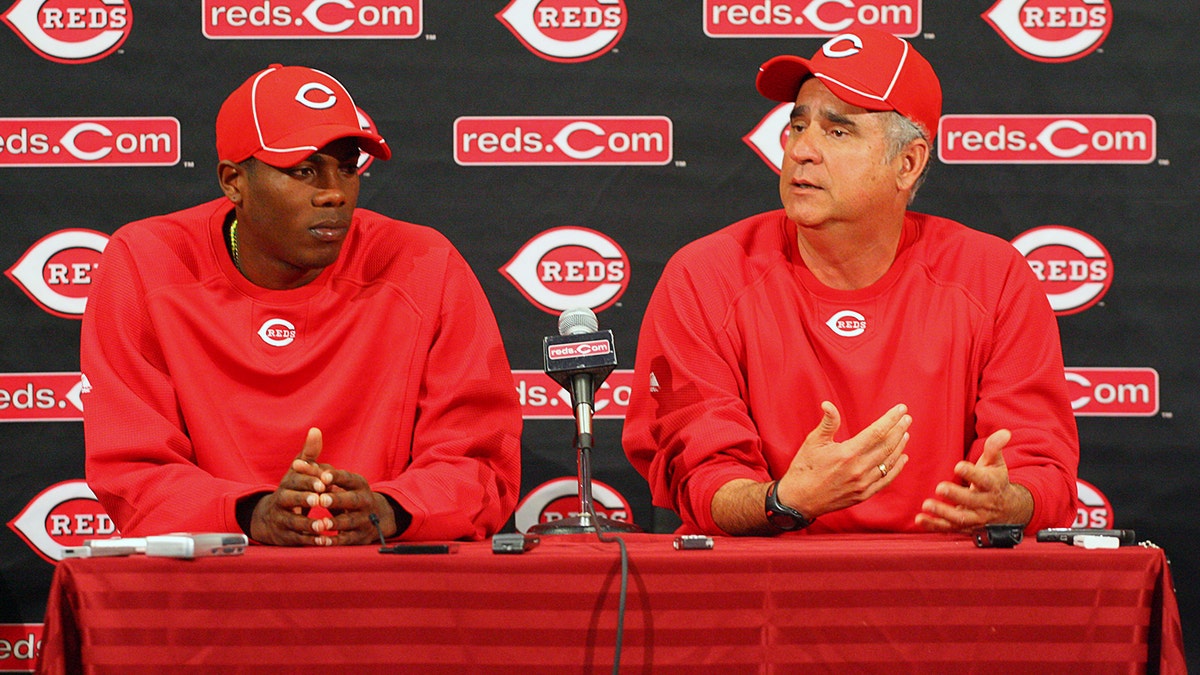
Major League Baseball is now requiring all 30 teams to hire a full-time, year-round translator for its Latin American ballplayers, an initiative pushed to the forefront by a player himself – Carlos Beltran.
According to a memo obtained by ESPN and The New York Times, MLB teams will be given $65,000 to help offset costs for the new interpreter positions to help Spanish-speaking ballplayers. The funds will come from penalties paid by teams for going over the international signing bonus limit.
The move by MLB was sprung by an incident in April 2014, when Michael Pineda, a New York Yankees pitcher, was ejected from a game for having pine tar on his neck. That evening, Pineda was forced to answer tough questions from the media but he only had a very limited understanding of the English language.
Pineda's teammate, Beltran, was upset that Pineda did not have an interpreter with him that night to help better communicate.
“It’s a problem, of course, because he can’t express himself the way he wants to,” Beltrán said at the time.
Since that incident, Beltran has been pushing for full-time interpreters for Spanish speaking ballplayers.
Beltran's efforts, with help from the Major League Baseball Player's Association, has led to MLB's new policy.
"We view this policy as a positive and necessary step in helping improve the work environment for Players, Clubs and media,” the MLBPA, which is working with the commissioner’s office to create the policy, said in a statement to Fox News Latino. “Much of the credit for the creation of this policy must go to Carlos Beltran, as he was the first to push for the hiring of dedicated interpreters."
For years, MLB has offered interpreters for Japanese foreign born players but has not done so for the league's large Spanish-speaking roster.
The rationale is there have been far fewer players from Japan, Taiwan and Korea in MLB than Latin American players and therefore are in need of personal interpreters. About a quarter of all MLB players are born outside the U.S., a majority from Latin America, and as a result most teams have had a coach or a player who could offer impromptu interpreter services.
According to ESPN, nearly 25 percent of players on 2015 Opening Day rosters are Hispanic. The Dominican Republic had the most with 83 players, followed by Venezuela with 65, Cuba had 18 and Puerto Rico had 13.
The New York Times said the interpreter must be available to before and after games to help the players communicate with the media.
“I am very happy about this,” Beltran told the Times. “This is M.L.B. We have a large Spanish-speaking contingent of players and coaches, and we need to be as professional as possible in everything we do.”
